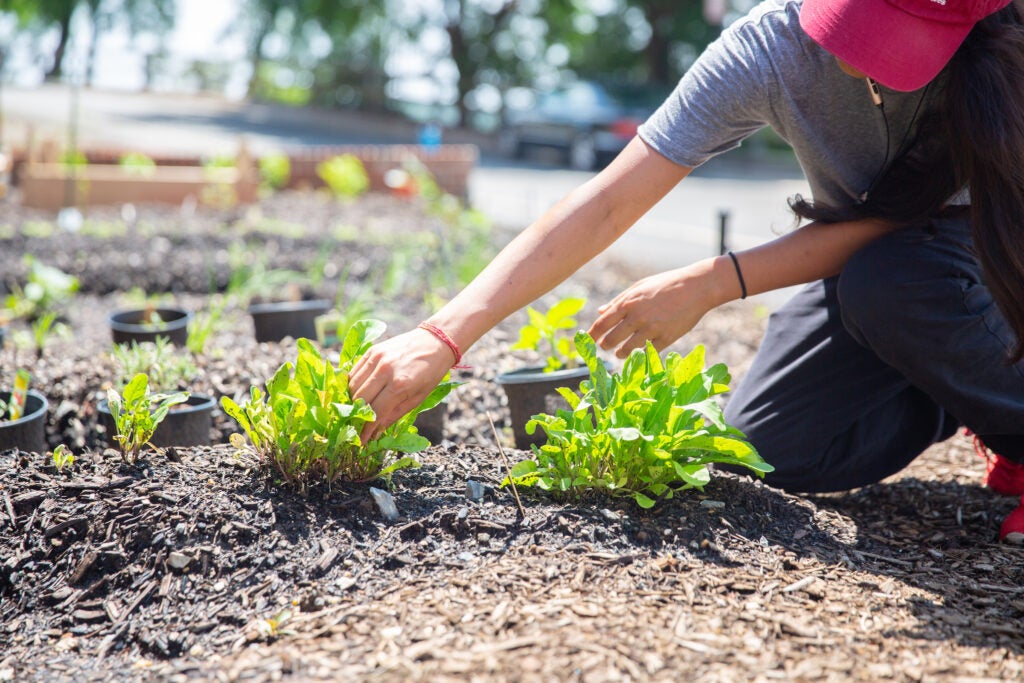Research in Action

Art by Alisa Singer is derived from the GEMMES model of the Environmental Justice Program.
First, with our partners, GEJP co-designs Transition Toolkits to tackle environmental challenges – in particular the energy transition, food security, and forced migrations – emerging from the interactions of the geophysical and social processes that are transforming the Earth. Integrating the potential impacts of climate change, increasing inequalities, financial instability, and resource depletion, these Toolkits can be used by our partners to guide mitigation and adaptation action and to minimize the impact on disadvantaged communities to accelerate a just ecological transition. In addition, not only do we work on the what and how of decision-making, we also work on the who. We address governance challenges to accelerate the implementation of just sustainability paths in the real world by collaborating with local political economy and political science researchers on our prospective scenarios.

Urban farming is one of several sustainability practices at Georgetown.
Second, we open a way for such a transition in the world of higher education: we draw on the strength of the global Jesuit higher education community to understand what makes a campus an “eco-campus” and how to build one.

